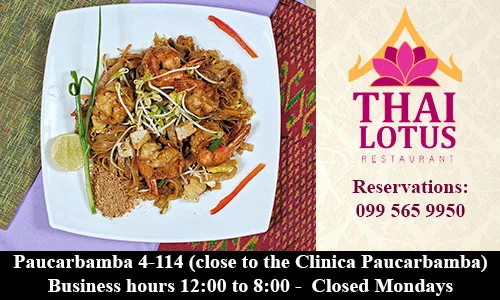High consumption of ultra-processed food leads to high obesity rates in the U.S. and worldwide
By Mark Mahoney
An updated review on some of the reasons we may be overeating as well as some recent research was discussed in the latest newsletter from the Center for Science in the Public Interest (CSPI). Some of that research is covered in this column.
 The latest information on the U.S. population notes that 74% of adults and 35% of children are either overweight or obese. The situation is even worse in Mexico, the only country to surpass the U.S. in these categories. Unfortunately it appears that there are few signs of improvement either nationally or globally.
The latest information on the U.S. population notes that 74% of adults and 35% of children are either overweight or obese. The situation is even worse in Mexico, the only country to surpass the U.S. in these categories. Unfortunately it appears that there are few signs of improvement either nationally or globally.
A 2019 study by Kevin Hall, a researcher at the National Institutes of Health (NIH) of 20 individuals who were offered either largely unprocessed foods or ultra-processed foods over a 2-week period produced some startling results.
According to Hall, “People consumed an average of 500 more calories a day on the ultra-processed foods compared to the unprocessed foods.” The result: individuals gained two pounds on the ultra-processed diet and lost two pounds on the unprocessed diet.
Other studies by Hall have all noted one consistent point in terms of results. In terms of diets, “…only one diet has led people to gain weight and gain body fat. And that’s the ultra-processed diet.”
 Studies by Barbara Rolls, director of the Laboratory for the Study of Human Behavior at Penn State University found that individuals consume fewer calories when they’re offered foods with fewer calories per bite. Rolls explained that this relates to the definition of caloric density as “…the number of calories in a given portion or bite of food.”
Studies by Barbara Rolls, director of the Laboratory for the Study of Human Behavior at Penn State University found that individuals consume fewer calories when they’re offered foods with fewer calories per bite. Rolls explained that this relates to the definition of caloric density as “…the number of calories in a given portion or bite of food.”
According to Michael Moss, a Pulitzer Prize winning former New York Times Reporter, ultra-processed foods may get us to overeat through companies that focus on maximizing on the allure of their products.
According to Moss, “One definition of addiction is a repetitive behavior that some people find difficult to quit.” Furthermore, “That perfectly fits our relationship to food, though it varies from person to person.”
In order to sell us as much as possible, companies employ scientists who focus on devising formulas to create the biggest attraction in the brain thereby taking advantage of our desire to keep eating. Three key ingredients help initiate this process.
According to Moss, these are three key “starter” ingredients:
Sugar – The term ‘bliss-point’ was devised by the industry “…to describe the perfect amount of sugar in a drink or food that would send us over the moon. Not too little, not too much.”
Fat — In snack foods like potato chips, 50 percent of the calories typically come from fat, which gives them the melt-in-your-mouth phenomenon, which much ultra-processed food has. You hardly even have to chew it.”
Salt – Salt is the flavor burst because it’s often on the surface of the food and the first thing that touches the tongue.”
A listing of other factors that affect our overeating follows. More in-depth details on their role(s) can be found in publications and research by Moss and Hall, as well as others:
- Fat plus carbohydrates
- Variety
- Speed
- Advertising
- Snacking
- Cost
One suggestion for cutting the consumption of ultra-processed foods and decreasing our caloric density is to increase the amount of fruits and vegetables you put on your plate (thus producing more satisfying portions).
According to Rolls, “We eat with our eyes and brains.” If we see a big portion, that sets us up to feel more satisfied. If a plate looks half-empty that sets us up to feel hungry.”
__________________
Mark Mahoney is a Registered Dietitian and a graduate of the Public Health program at Columbia University. He is a columnist for the Tallahassee Democrat.


















